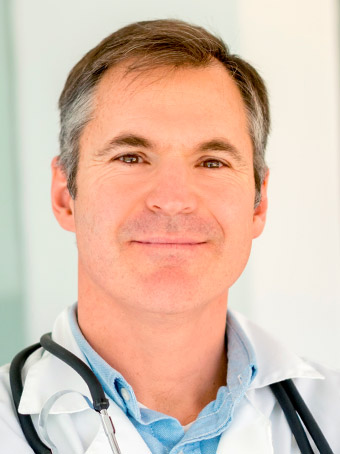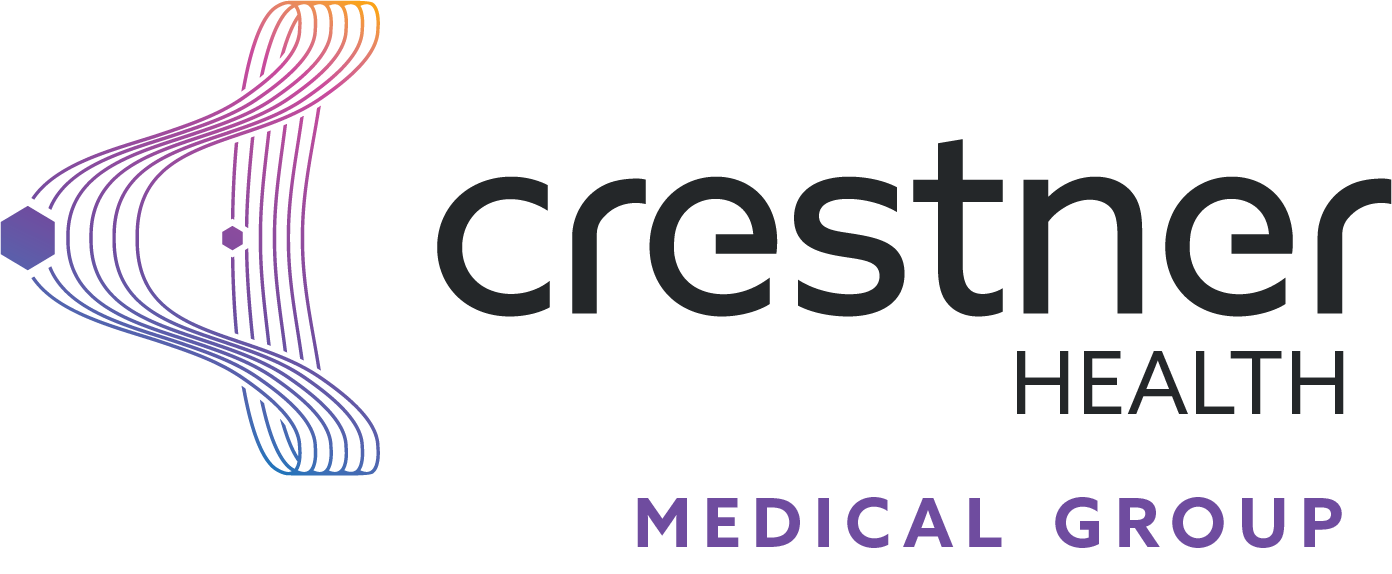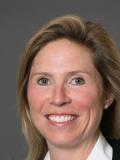Cancer Prevention
Cancer Risk Assessment
When it comes to cancer, early detection can make all the difference. If you have any concerns or just want to stay on top of your health, find out about your risk for cancer with our free risk assessment.
Get StartedIf you have any concerns or want a second opinion, we're here to help.
View our oncologistsCancer is the uncontrolled growth of abnormal cells that can develop nearly anywhere in the body. Cancer is a malignant growth, meaning the cells spread to other body parts and can be fatal if not treated.
Cancer is not a simple cause and effect. Cancer experts know of many different factors that can increase or decrease a person’s overall risk of cancer. In general, risk factors fall into things an individual has control over and things they cannot control. Taking steps to reduce the risk factors under your control can help you avoid cancer.
Risk factors for cancer
Certain conditions and lifestyle choices or habits are known to increase the risk of developing certain types of cancer. These and other well-studied risk factors include:
- Alcohol, as the risk of cancer increases the more you drink
- Family history of cancer and hereditary family cancer syndromes
- Exposure to environmental toxins, such as asbestos
- Exposure to radiation, such as from prior cancer treatments
- Exposure to the sun (a form of radiation) and history of sunburns
- Hormones, including estrogens and diethylstilbesterol, which some pregnant women took between 1940 and 1971 to prevent pregnancy problems
- Immunosuppression from certain medications or infectious diseases, such as HIV
- Increasing age, as most cases of cancer occur in people older than 65
- Infection with certain viruses and other pathogens
- Poor diet and obesity
- Smoking tobacco products and secondhand smoke
Reducing your risk of cancer
While you can’t change your family history or your age, other ways you can lower your risk of developing cancer include these preventive measures:
- Stop smoking.
- Wear sunscreen to prevent burns and limit sun exposure.
- Get recommended screenings for abnormal cells, such as the Pap test, mammogram, colonoscopy and skin cancer check.
- Drink in moderation: No more than one drink per day for a woman and two drinks per day for a man. People older than 65 should have only one drink per day.
- Maintain a healthy weight with regular exercise and a good diet, including lots of fruits and vegetables and less red meat.
- Breastfeed your baby if possible, as this has been shown to reduce a woman’s risk of breast cancer.
Keep in mind that risk factors do not cause cancer. A person with several known risk factors may not develop cancer, and a person without any risk factors may develop cancer. Still, healthy lifestyle choices and habits go farther than helping reduce your likelihood of getting cancer. They also can help prevent other medical conditions, such as heart disease.






